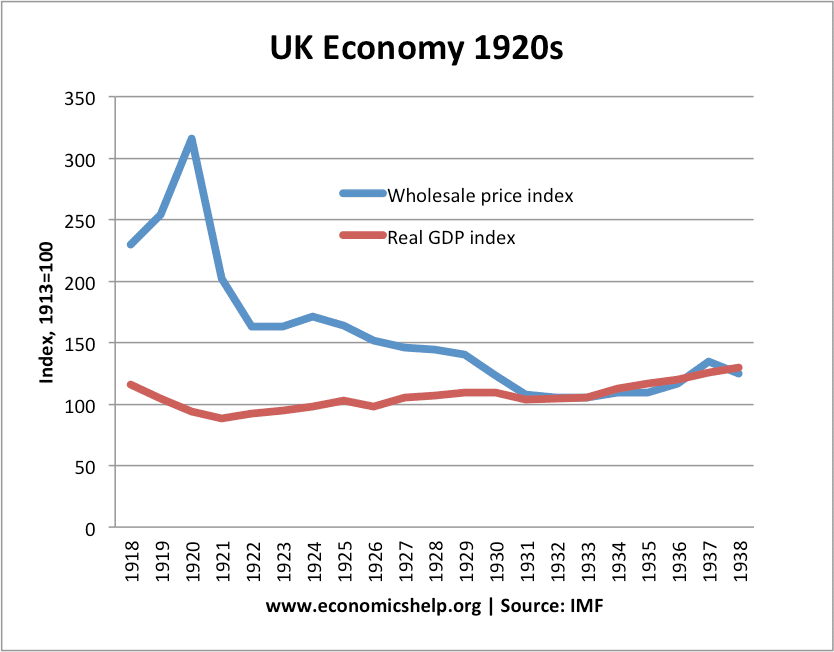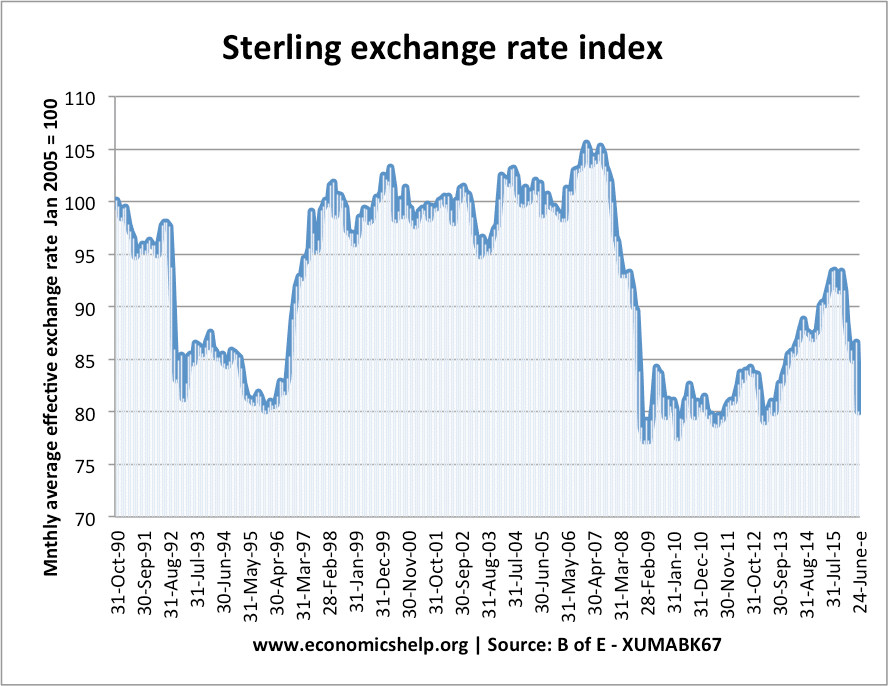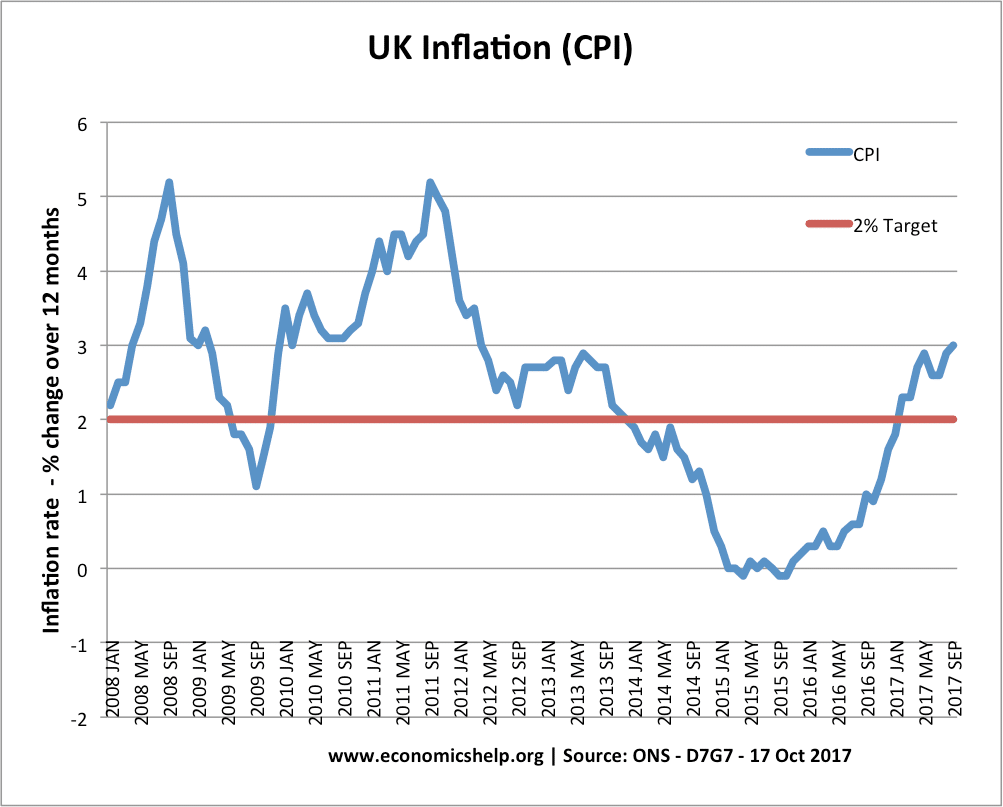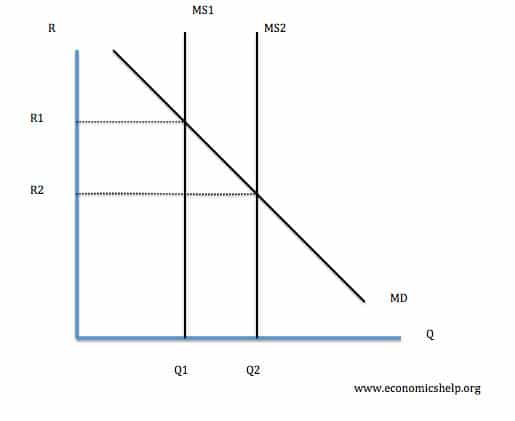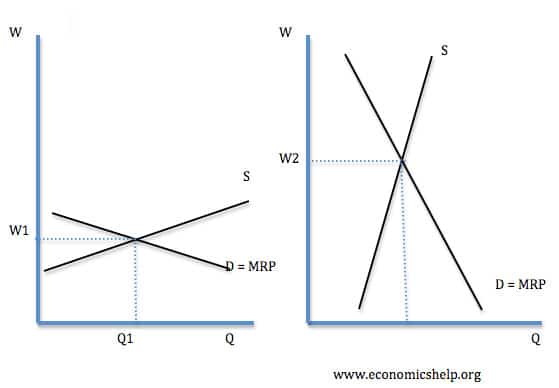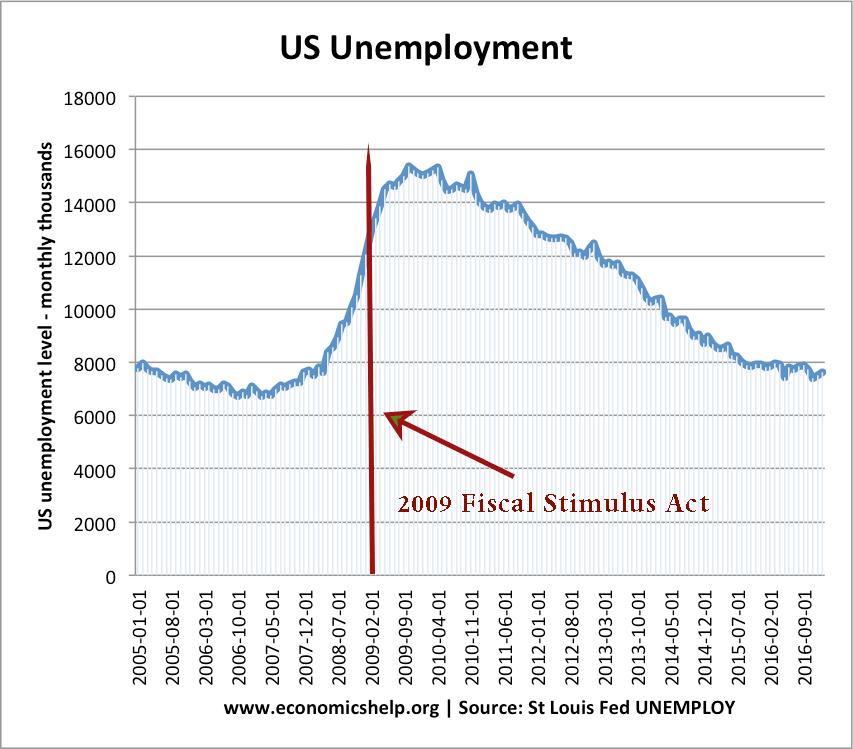Tertiary – Service sector of the economy
Definition – The service sector is comprised of firms offering ‘intangible goods’ such as entertainment, retail, insurance, tourism and banking. The service sector will make use of manufactured goods, but there is an additional component of offering a service to customers. In a developed economy like the UK, the service sector is the biggest component …

